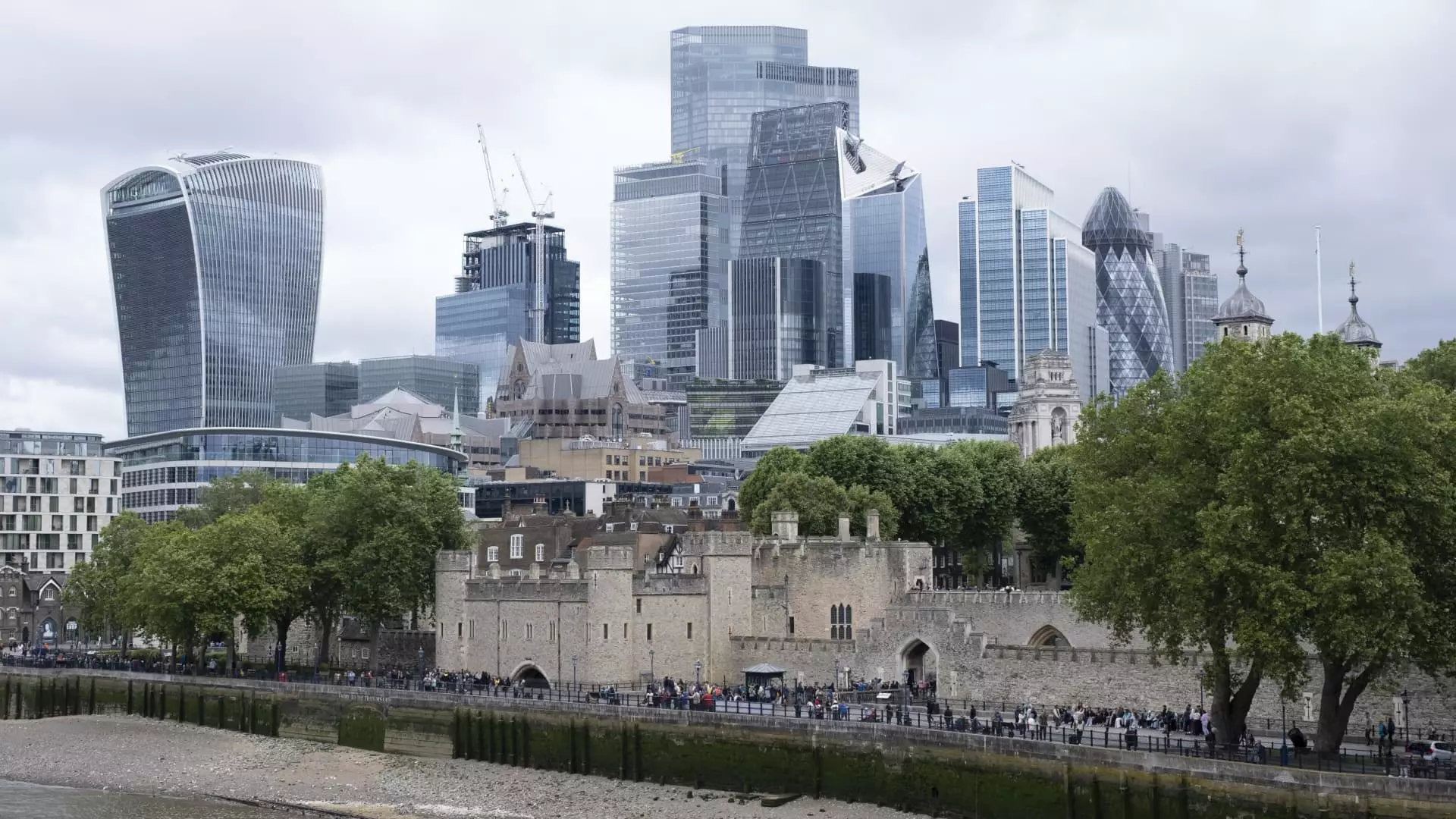The recent flash figures published by the Office for National Statistics indicating a 0.4% growth in the U.K. economy in May have brought about a sense of optimism, particularly after the nation saw a period of recession followed by stagnation. The better-than-expected GDP expansion of 0.4% surpassed the forecasted 0.2% by economists, showcasing resilience in the economy. The services sector, which plays a significant role in the U.K. economy, continued to show growth with an increase of 0.3% in May. This growth was further supported by a rebound in both production and construction sectors, which saw a rise of 0.2% and 1.9%, respectively.
Following the announcement of the positive economic growth, the British pound surged to a four-month high against the U.S. dollar, reaching $1.2863. This upward movement in the currency market was welcomed by analysts and investors alike, pointing towards a favorable outlook for the British economy. The Labour Party, which recently secured a substantial victory in the general election, campaigned on boosting economic growth, housing, and planning. This pro-business stance led Goldman Sachs to upgrade its growth forecast for the U.K., highlighting the positive sentiment surrounding the government’s policies.
The cooling of price rises in the U.K. from a 41-year high of 11.1% to the Bank of England’s 2% target in May has raised expectations for a potential interest rate cut. However, the Bank of England maintained a cautious approach in its recent meeting, citing concerns about persistently elevated inflation indicators. The decision on a rate cut in the upcoming August meeting remains uncertain, with markets divided on the matter. The government’s role in driving economic momentum and managing inflation expectations will be crucial in the coming months.
The newly-appointed Finance Minister Rachel Reeves announced plans to introduce mandatory house-building targets, lift the ban on new onshore wind farms, and reform planning rules to stimulate economic growth. Additionally, the launch of a £7.3 billion national wealth fund aimed at attracting private sector investment in infrastructure projects signals the government’s commitment to driving economic development. The upcoming fiscal statement expected in mid-September will provide clarity on taxation and spending plans, enabling businesses to plan ahead and potentially boost investment.
The recent uptick in the U.K. economy’s growth rate reflects a positive trajectory, supported by favorable economic indicators and government initiatives. The resilience shown by the economy in the face of challenges indicates a promising outlook for the future. The government’s focus on pro-growth policies and investments in infrastructure will play a crucial role in revitalizing the economy and attracting private sector participation. As businesses await further clarity on government plans, the overall sentiment remains cautiously optimistic about the potential for sustained economic growth in the U.K.


Leave a Reply